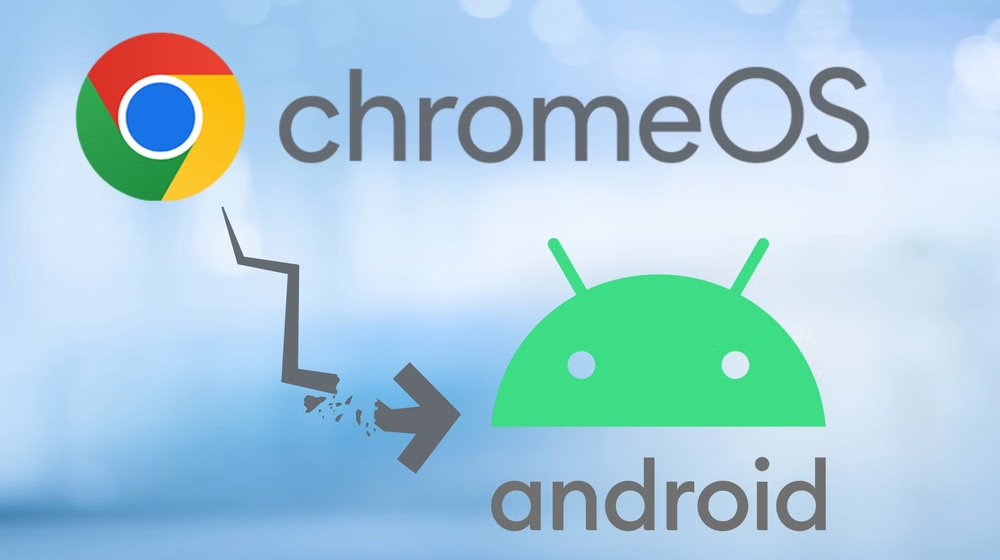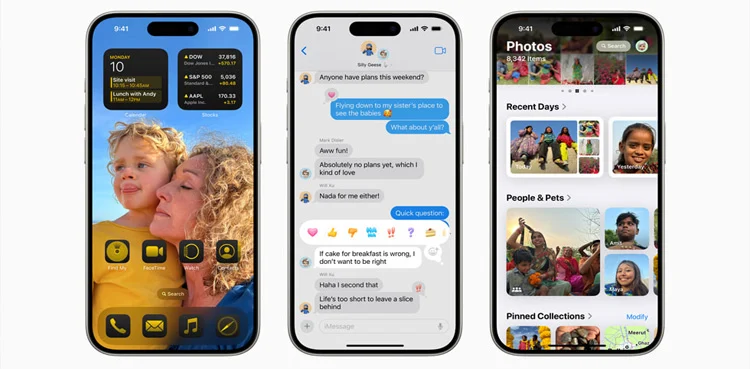Google has officially confirmed that it will merge Android and ChromeOS into a single unified operating system, putting an end to years of speculation. The announcement came directly from Sameer Samat, President of the Android Ecosystem at Google, who revealed the company’s next big step toward platform unification.
We’re going to be combining ChromeOS and Android into a single platform, and I am very interested in how people are using their laptops these days and what they’re getting done, he said.
This announcement signals one of the most significant shifts in Google’s OS strategy to date, aimed at transforming how people use their devices across form factors—from smartphones and tablets to laptops and desktops.
Why This Merger Matters
Google has made previous efforts to bring Android apps to ChromeOS, and it has optimized Android for larger screens like tablets and foldables. But this is the first time the company has confirmed a complete merger of the two operating systems into a single platform. This unified OS is expected to provide a seamless user experience, improve productivity, and eliminate many of the inconsistencies and limitations that come with running two separate systems.
One of the main goals is to reduce fragmentation, allowing users and developers to enjoy a more consistent environment across all types of devices. Android users, in particular, can look forward to a desktop-class experience with advanced window management, multi-instance support, and adaptive screen scaling.
A Desktop Experience for Android
This unified operating system is expected to bring a more robust and feature-rich experience to Android-powered laptops and tablets. By integrating elements of ChromeOS into Android—or vice versa—Google is preparing Android to become more suitable for productivity-focused tasks.
Features like floating windows, split-screen multitasking, better file management, and scalable UIs will likely become standard across devices. The unified platform will offer a more desktop-like experience, allowing Android to compete more effectively with Apple’s iPadOS and macOS ecosystems.
Pixel Laptop in the Works?
With this OS merger, many industry analysts believe Google is preparing to launch a new Pixel laptop. This device would most likely serve as the flagship hardware for the new operating system—similar to how Pixel phones highlight the best of Android.
A Pixel laptop running the unified OS could offer deep integration with Google’s suite of tools and services, support powerful multitasking features, and appeal to both consumers and professionals. It may also help Google establish a stronger presence in the hardware market, particularly in the premium productivity device segment.
Simplified App Development for Developers
The merger is expected to make life significantly easier for developers. Instead of having to build and test apps separately for ChromeOS and Android, they will be able to focus on a single platform with a unified set of APIs. This streamlining will reduce development time and improve app consistency across phones, tablets, and laptops.
It also opens new doors for developers to create powerful, cross-device applications that work equally well in mobile and desktop environments. Enterprises and software companies may benefit the most, as the new platform will support more complex tools and workflows.
Although Google has not released a specific timeline for the unified OS rollout, signs point to active development already underway. Android 16, for example, includes several features that support a desktop-like mode, such as improved multitasking and window controls. These updates are likely the early building blocks of the combined platform.
While no roadmap has been officially released, the confirmation from Google’s leadership indicates that the merger will be a priority over the next development cycles. Early versions of the unified OS may appear in preview builds or beta programs in the near future.
The Future of Google’s Ecosystem
By merging Android and ChromeOS, Google is positioning itself to offer a seamless ecosystem that rivals Apple’s tightly integrated software and hardware approach. Users will enjoy consistent performance, better productivity tools, and deeper cross-device functionality. Developers will gain a simpler, more efficient way to build applications, and businesses will have access to a powerful new platform for their workforce.
Google’s unified operating system marks a bold move that could reshape the digital experience for millions of users worldwide. Whether you’re a tech enthusiast, a developer, or just someone who relies on your laptop for everyday work, this is a development worth keeping a close eye on.



